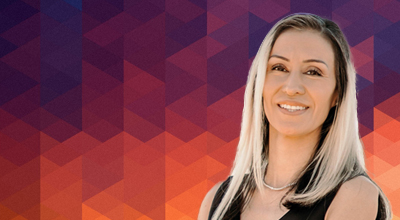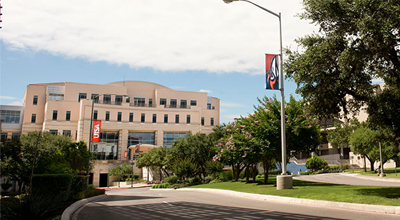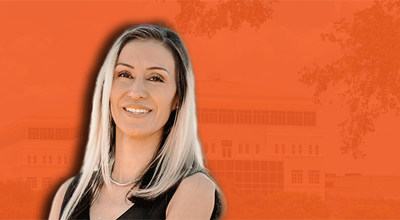The Department of Mathematics at The University of Texas at San Antonio is a comprehensive academic unit that offers a B.S. degree in Mathematics, a B.S. degree in Mathematics for Teaching, and a B.S. degree in Mathematics of Data and Computing, plus a M.S. degree in Applied Mathematics–Industrial Mathematics, a M.S. degree in Mathematics, and a M.S. degree in Mathematics Education.
Mission
The Department of Mathematics at the University of Texas at San Antonio is dedicated to research, high-quality instruction and learning, community engagement and public service. The department embraces excellence, and multicultural traditions, with the mission to empower its undergraduate and graduate students, especially those from backgrounds underrepresented in the mathematical sciences.
The Department serves as the point of articulation for disciplines across Science, Technology, and Engineering represented in the College of Sciences at UTSA and beyond. The Department is a center for intellectual and creative resources via its diverse group of faculty with the mission to contribute at all levels to socioeconomic development for Texas, the nation, and the world.
Students who earn a mathematics degree learn how to provide technical support and conduct research for high-technology industries, government, and private companies. Graduates often pursue careers as a data scientist, data mining analyst, actuary, statistician, mathematics teacher, computer programmer, software developer, financial analyst, and machine learning engineer.
Vision
To be a premier mathematics department globally known for its strong integration of pure mathematics, applied mathematics and mathematics education in an interdisciplinary setting committed to academic excellence. To be a department at the forefront of mathematical knowledge and its application to the real world, as well as being a leader in conveying scientific knowledge through modern technology in a rapidly changing world.
To be a department that fosters and values intellectual and personal growth, respect and leadership in all its members: undergraduate and graduate students, staff and faculty.

172
Undergraduate Students
31
Graduate Students
64
Faculty
$1.8M
Research Expenditures
Math Gym Final Exam Schedule
Have last minute Final Exam questions? Come visit the Math Gym to study! Click the Math Gym link to check out the schedule.
Latest Mathematics News
View All Mathematics News
October 24, 2023
Erika Tatiana Camacho named a 2024 fellow of the Association of Women in MathematicsPublished by Association of Women in Mathematics

September 21, 2023
Outstanding early career faculty Mostafa Fazly and Elizabeth Sooby receive endowed fellowshipsPublished by UTSA Today

August 22, 2023
Erika Tatiana Camacho, Jaime Escalante math student, named inaugural UTSA Berriozábal chairPublished by UTSA Today


